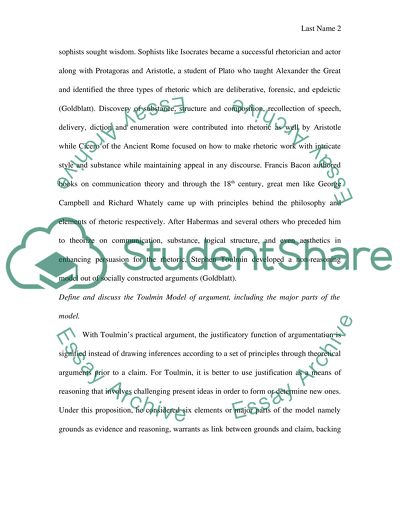The Differences between Abstract Language and Concrete Language Case Study. Retrieved from https://studentshare.org/english/1419951-essay-questions
The Differences Between Abstract Language and Concrete Language Case Study. https://studentshare.org/english/1419951-essay-questions.


